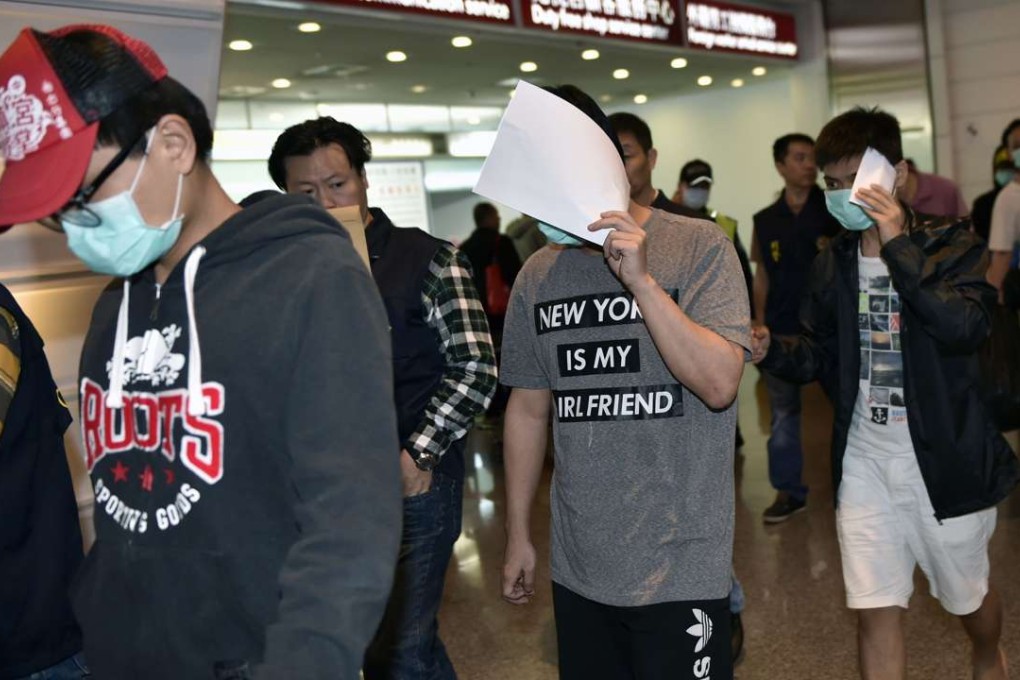Taiwanese group sent home from Malaysia allowed to go free, angering Beijing
Island’s decision to release 20 nationals may have an impact on cross-strait relations, analysts say

Beijing has asked Taipei to pursue a telecoms fraud case involving dozens of Taiwanese after the island’s police declined to hold 20 nationals sent back from Malaysia on Saturday, Xinhua reported.
The police said the decision was based on a lack of evidence and absence of arrest warrants, the island’s Central News Agency said.
“By releasing the suspects, Taiwan authorities disregarded many victims’ interests and harmed them a second time. It also harmed the two sides’ cooperation in jointly cracking down on crimes,” said An Fengshan, the spokesman of the State Council’s Taiwan Affairs Office, which handles cross-strait relations.
Taiwan’s cabinet said the Ministry of Justice would liaise with mainland authorities and request additional information about the case. Taiwan “would not shield nationals who break the law”, said spokesman Sun Lih-chyun.
Beijing ‘takes aim at Taiwan’s president-elect’ over deportations
The 20 individuals left Kuala Lumpur aboard an Air Asia flight and arrived at Taoyuan International Airport in Taipei around 2am. They were released after agreeing to assist in any further
investigation.